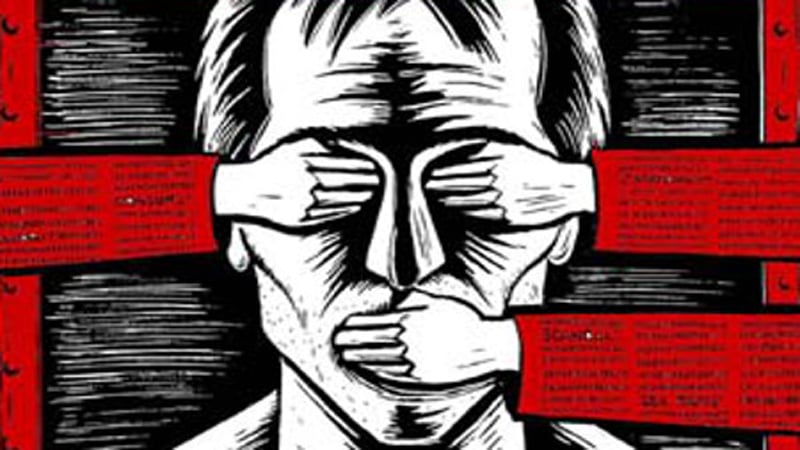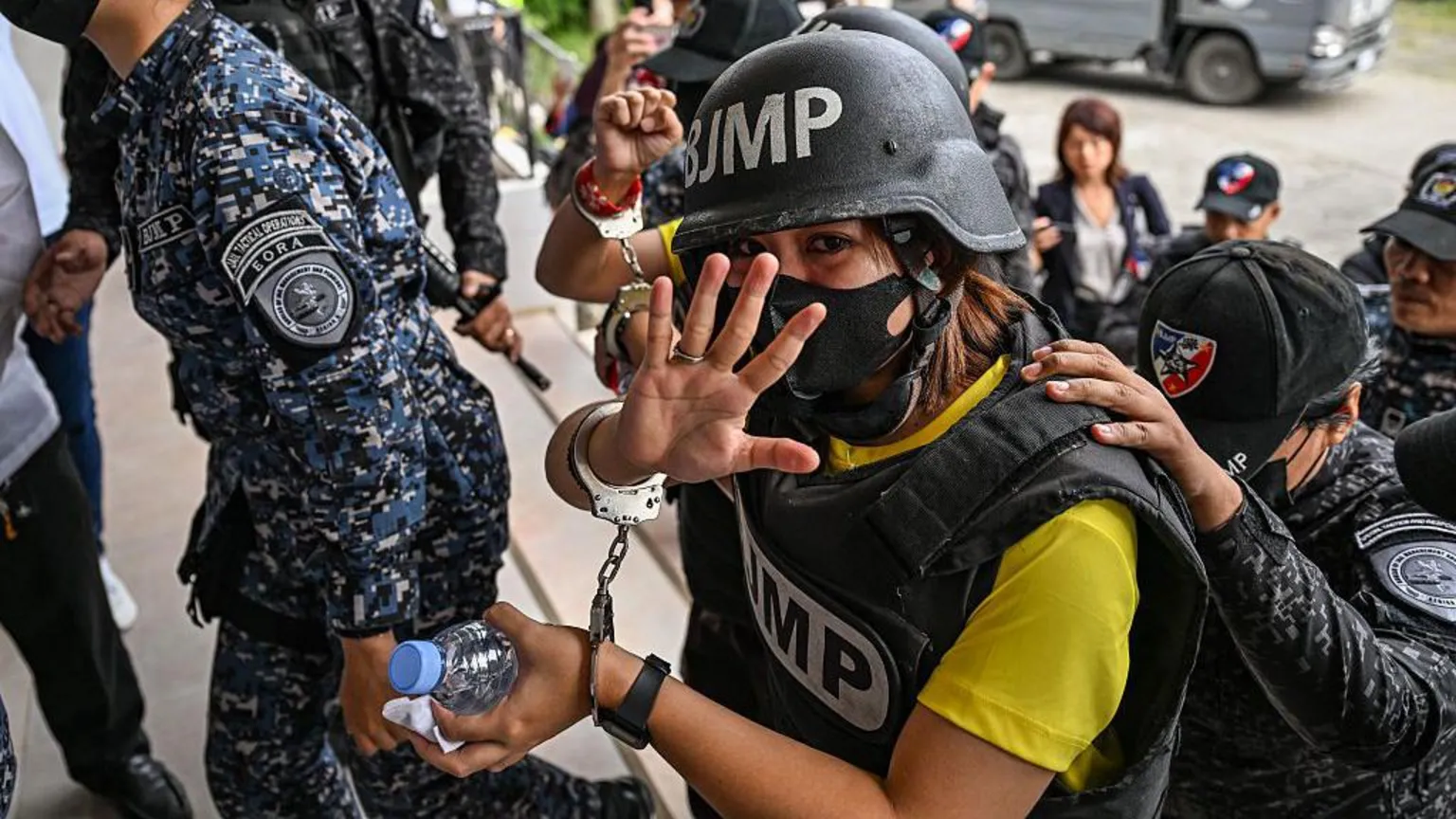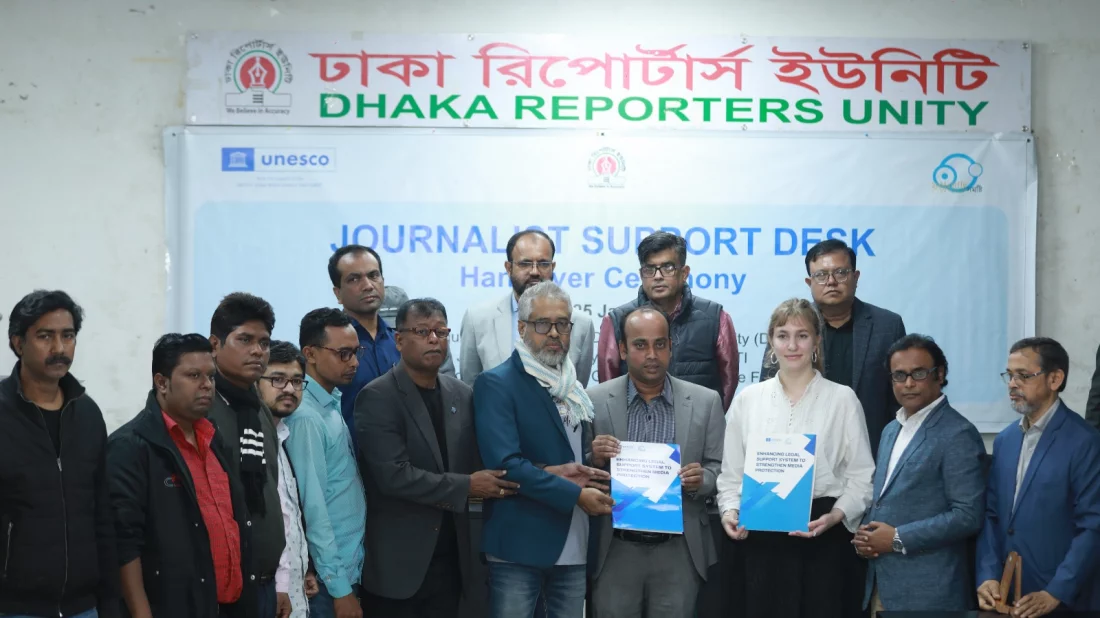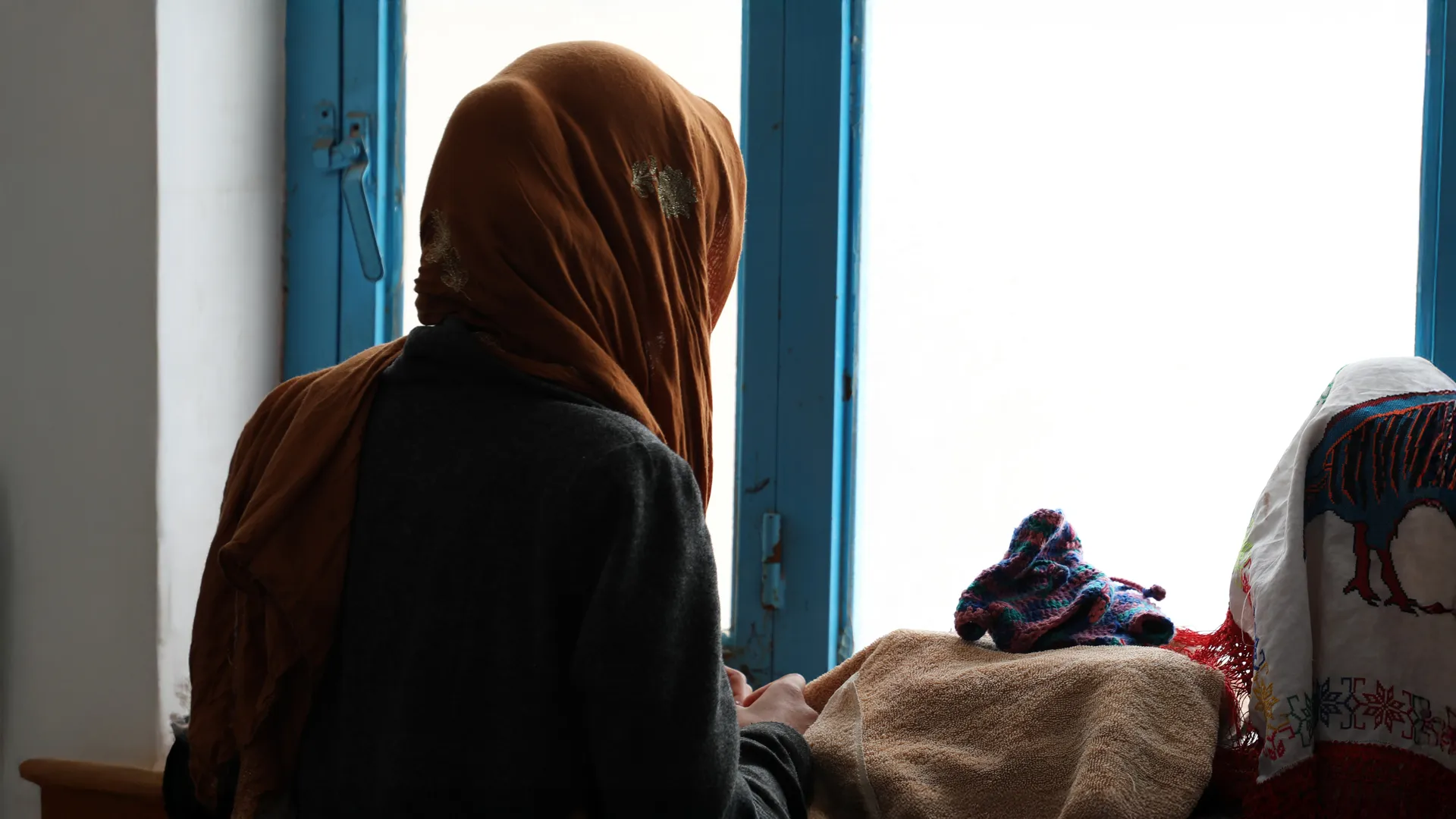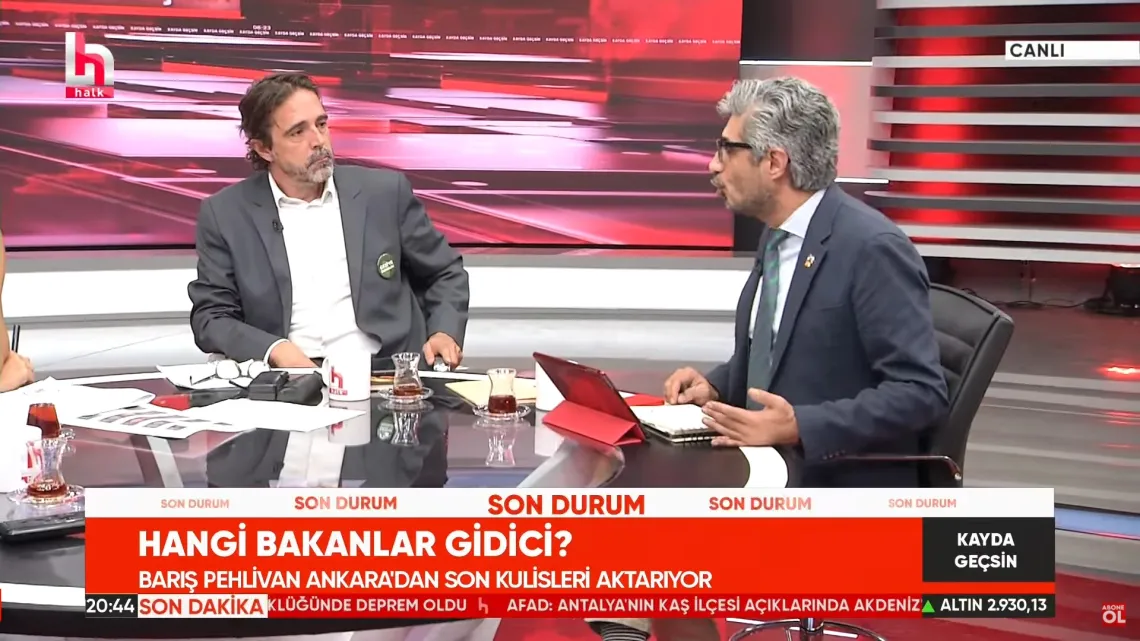
Turkish Journalists Face Prison for Talk-Show Comments in Latest Press Crackdown
September 23, 2025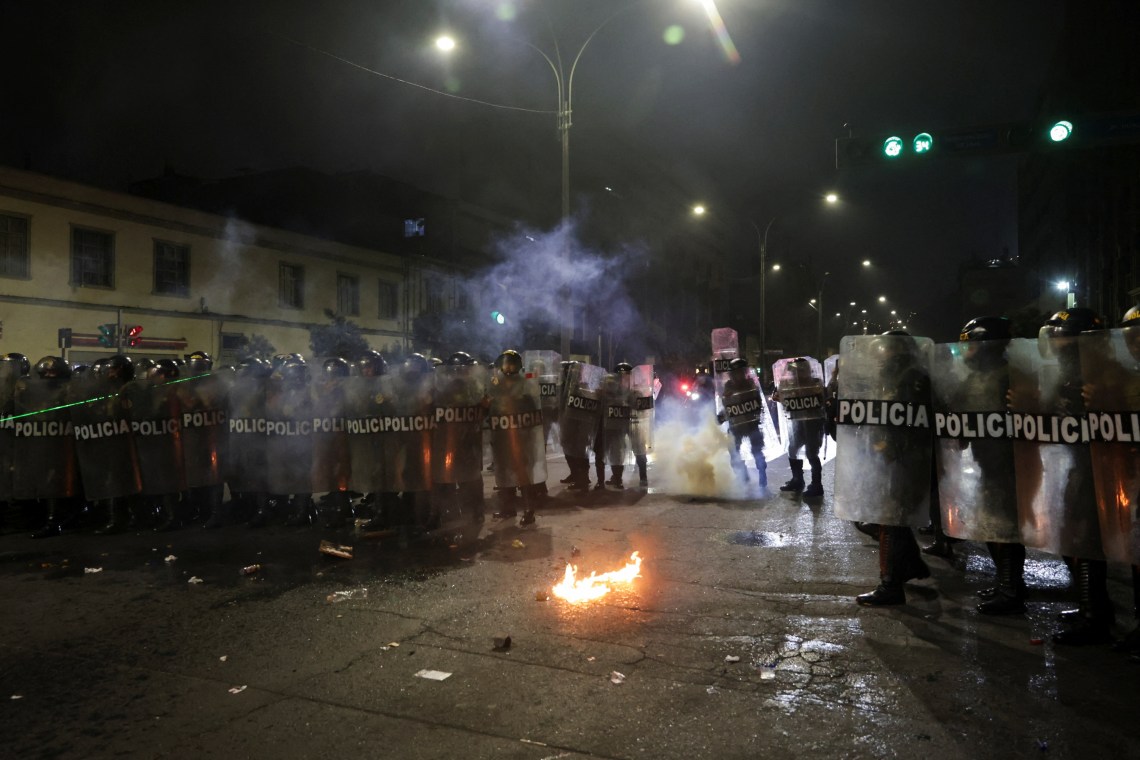
CPJ Demands Investigation After Journalists Injured Amid Peru Protests
September 23, 2025September 23, 2025 – Pakistan –
In a new campaign, Amnesty International highlights how Pakistani journalists routinely face heavy surveillance—both digital and physical—as part of their job, with consequences extending to their families, colleagues, and sources. The piece titled “In Pakistan, surveillance is part of the cost of being a journalist” recounts how phone tapping, location tracking, and scrutiny of call logs are used against reporters. When a journalist published a story on the military establishment, an acquaintance was forcibly disappeared for a week after being questioned about communications with the journalist.
The campaign details how surveillance rarely targets only the journalist themselves—instead, it reaches their entire network. Sources, family members, and associates are pressured or intimidated into silence. One journalist shared: “Whoever I called would receive a visit from the authorities, asking them the same question.” This atmosphere creates a powerful chilling effect, reducing the willingness to cooperate with investigative reporters.
This same article has been republished in media outlets such as Tolerance.ca under the headline “In Pakistan, surveillance is part of the cost of being a journalist,” emphasizing the international resonance of the issue. Its reprint maintains the original’s first-person narrative and thematic focus.
Beyond individual testimony, Amnesty’s broader research (in Shadows of Control) casts surveillance in Pakistan as part of a systemic apparatus enabled by foreign technology. It documents how tools like the Web Monitoring System (WMS 2.0) and Lawful Intercept Management System (LIMS)—supplied by companies from China, Europe, North America, and the UAE—have allowed the Pakistani state to monitor millions of mobile phones and block internet sessions en masse.
Amnesty has called on the Pakistani government to halt the abuse of surveillance infrastructure, establish transparent oversight mechanisms, and protect journalists from misuse of these tools. The campaign underscores that surveillance in journalism is not merely incidental, but an entrenched instrument for control—one that compromises both press freedom and the public’s right to truth.
Reference –
“In Pakistan, surveillance is part of the cost of being a journalist”

